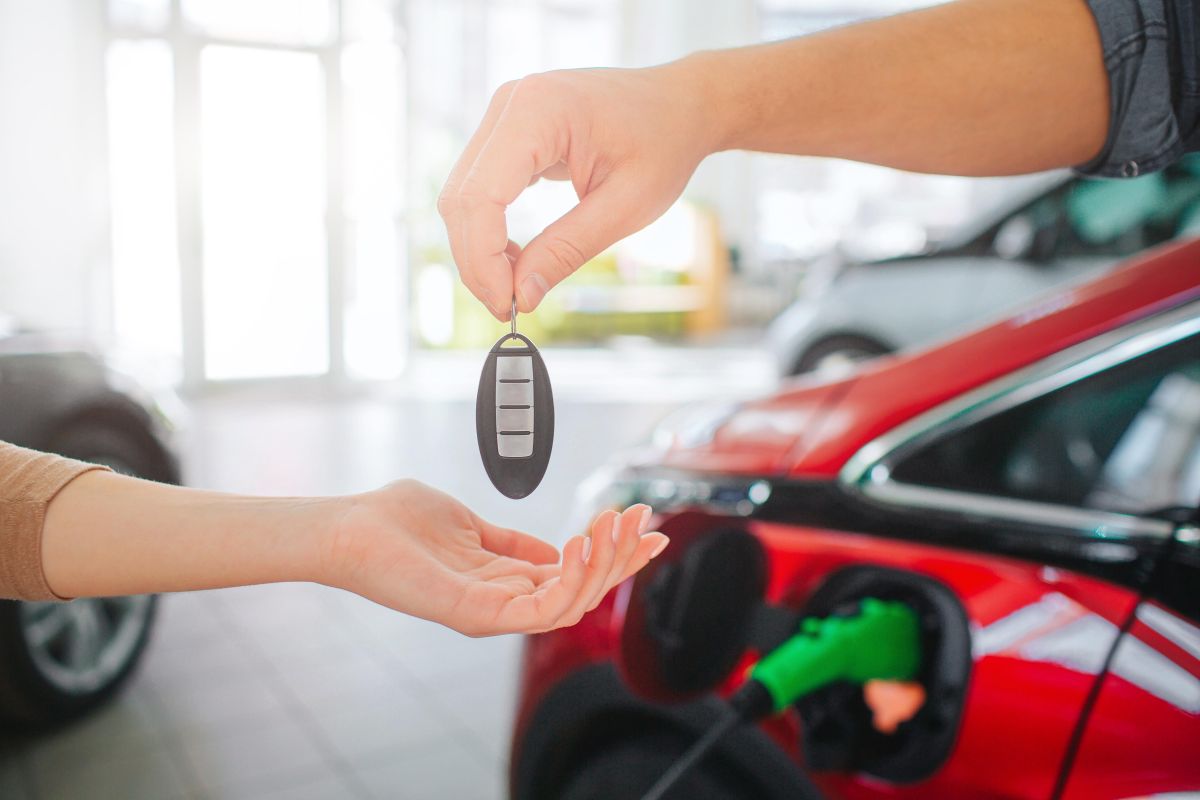The recent implementation of the Biden administration's revised electric vehicle (EV) tax credit guidelines has led to a substantial decrease in the number of qualifying models, Bloomberg reported.
Initially, approximately two dozen models were eligible for a consumer tax credit of up to $7,500. However, under the new regulations that took effect Jan. 1, this number has dwindled to just 13, according to data from fueleconomy.gov.
These stricter criteria are a result of the administration's efforts to exclude vehicles using battery components manufactured by Chinese companies.
Ashley Schapitl, a spokeswoman for the Treasury Department, emphasized the government is working closely with automotive companies to navigate these new restrictions. Schapitl said the reduced list might see additions as some companies are still in the process of submitting their data.
"Automakers are adjusting their supply chains to ensure buyers continue to be eligible for the new clean vehicle credit, partnering with allies and bringing jobs and investment back to the United States," Schapitl said.
The Treasury Department's latest rules, unveiled in December, specifically target battery components made by any entity under Chinese jurisdiction or with at least 25% Chinese government ownership. Starting in 2025, these restrictions will extend to include suppliers of essential raw materials like nickel and lithium.
The eligibility for tax credits now hinges on factors like the location of battery component and part manufacturing. Depending on these factors, vehicles may qualify for either a full $7,500 or a partial $3,750 tax credit.
Among the vehicles that remain eligible for the full or partial credit are the Tesla Model Y, Rivian R1T, Jeep Wrangler 4xe and Ford F-150 Lightning.
On the other hand, models losing credit eligibility include Tesla's Cybertruck and certain versions of its Model 3, the Nissan Leaf, Ford E-Transit van and the electric Chevrolet Blazer and Silverado.
This policy shift is part of President Joe Biden's key climate legislation, influenced by U.S. Sen. Joe Manchin, the West Virginia Democrat whose vote was crucial for the Inflation Reduction Act. Manchin had expressed concerns about U.S. taxpayers subsidizing batteries made in China, leading to these new stringent requirements.

















